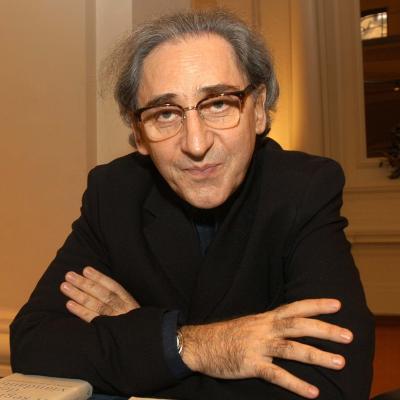Lyrics and chords of Franco Battiato available on FaDiesis
More about Franco Battiato

Francesco "Franco" Battiato (Italian: [ˈfraŋko batˈtjaːto, - battiˈaːto] ; 23 March 1945 – 18 May 2021) was an Italian musician, singer, composer, filmmaker and, under the pseudonym Süphan Barzani, also a painter. Battiato's songs explore many themes (including, but not limited to, philosophy, art, spirituality, science, introspection, innovation, esotericism, religiousness), and have spanned genres such as experimental pop, electronic music, minimalism, avant-garde, progressive rock, new wave, symphonic music, sound collage, opera, oratorio and movie soundtrack.
He was for decades one of the most popular singer-songwriters in Italy. His unique sound, song-crafting and especially his lyrics (often containing philosophical, intellectual and culturally exotic references, as well as tackling universal themes about the human condition) earned him a unique spot on Italy's music scene, and the nickname of "Il Maestro". His work includes songwriting and joint production efforts with several Italian and international musicians and pop singers, including the long-lasting professional relationship with Italian singers Alice and Giuni Russo. Together with Alice, Battiato represented Italy at the 1984 Eurovision Song Contest with the song "I treni di Tozeur".
| Le partiture per questo artista su FaDiesis sono: 1 | |
|---|---|
| Titolo del brano | |
| La cura |

|



